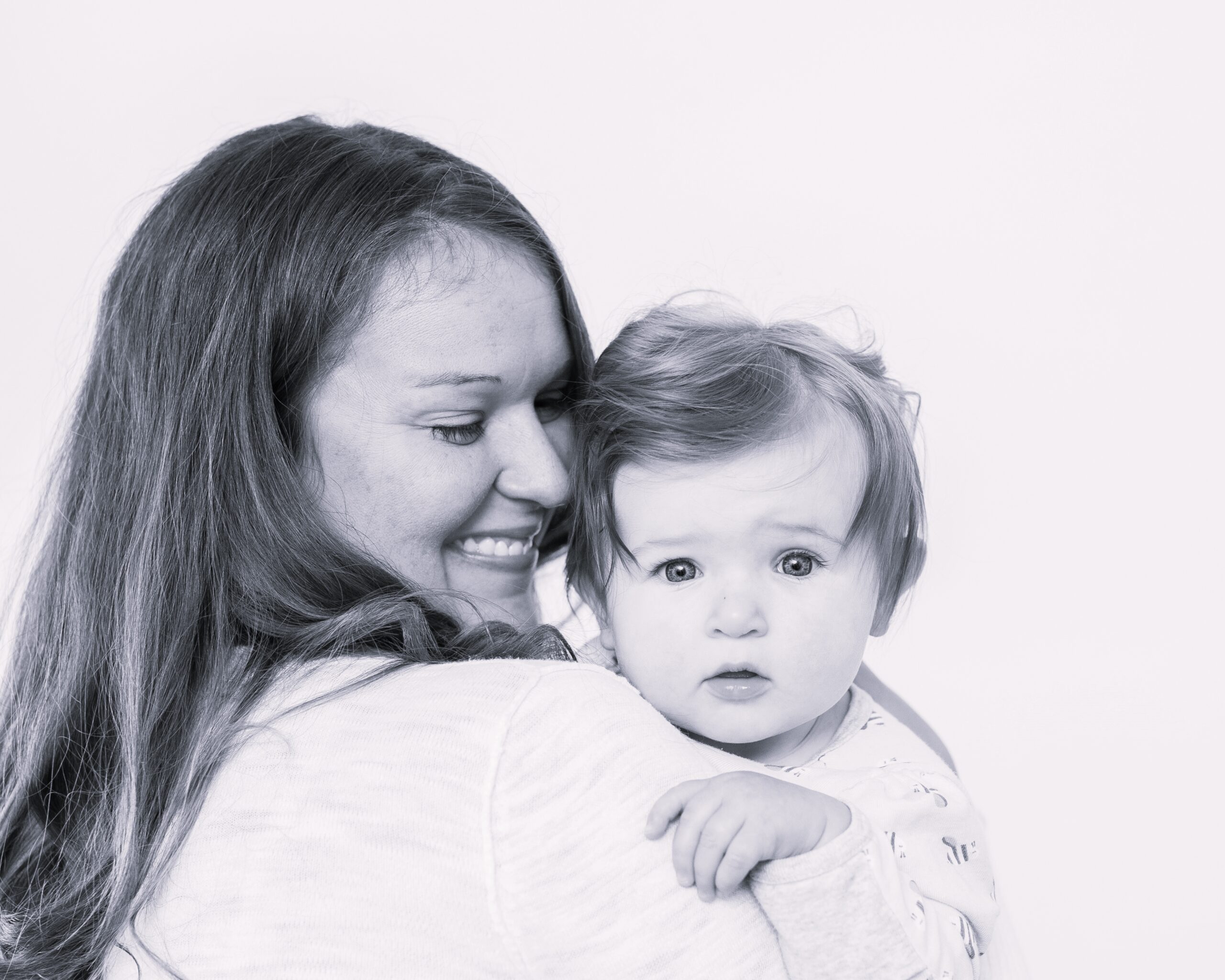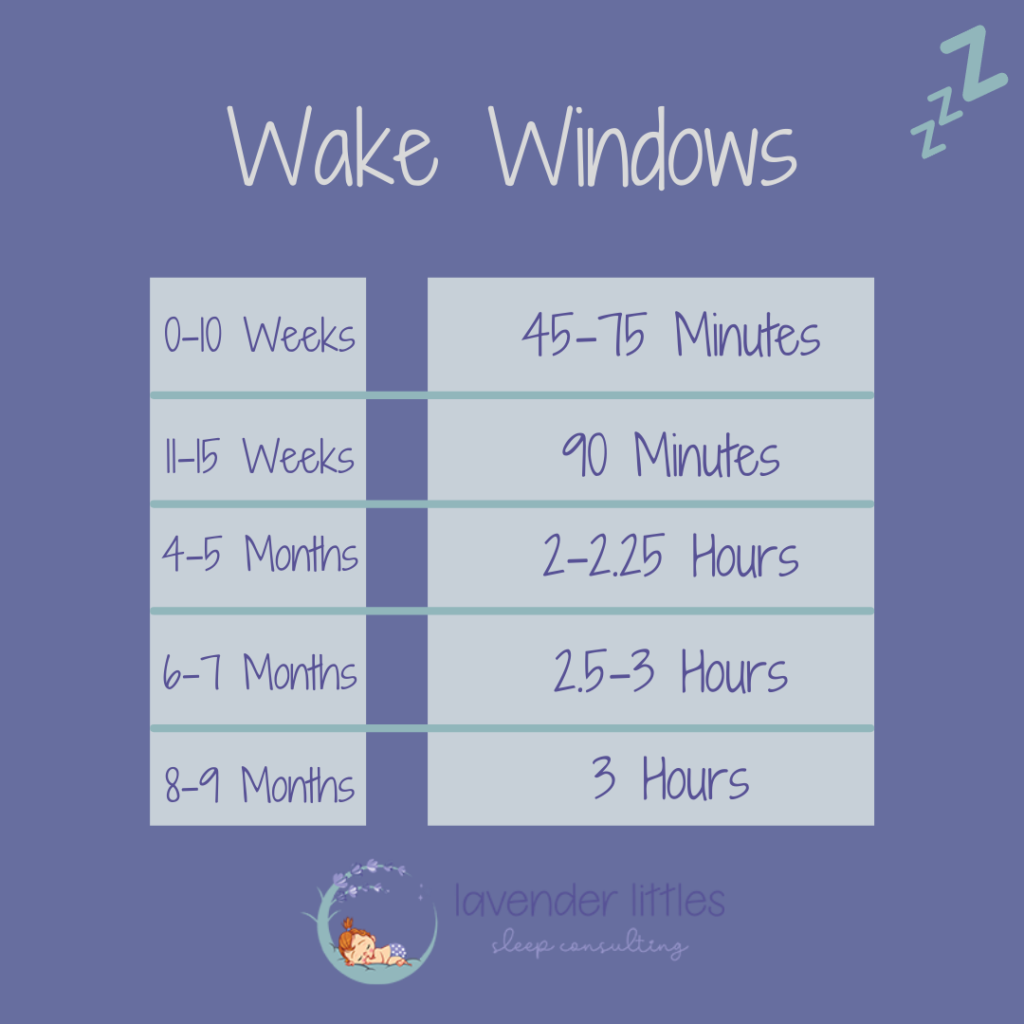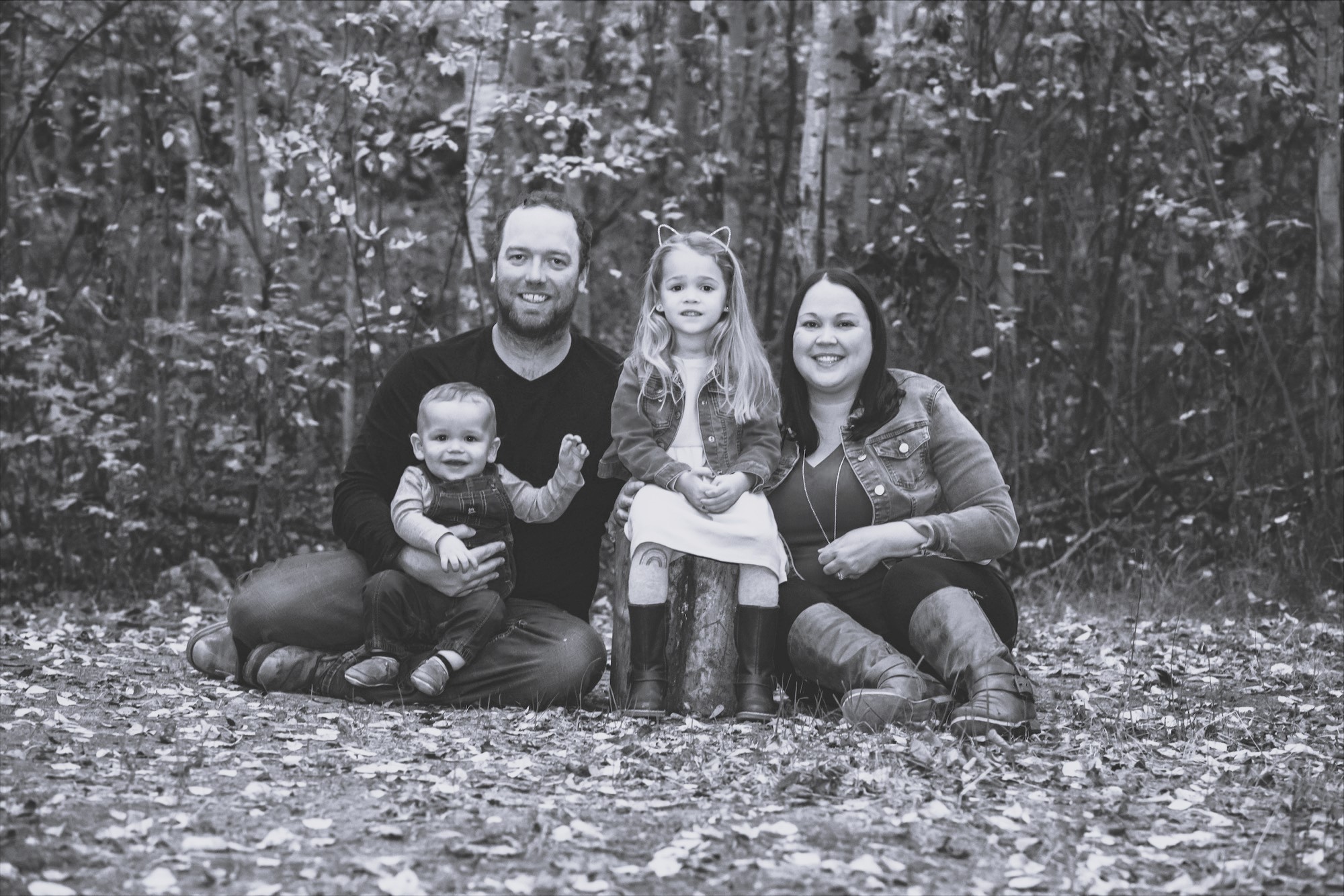
How to Extend Short Naps
Are you even a parent if you haven’t experienced the frustration of short naps at some point in the first several months? My daughter was a notorious cat-napper before we did sleep training when she was nine months old.
I remember those days like they were yesterday – exhausting, frustrating, and hopeless. But you don’t have to feel that way.
There is hope!!
I have learned a thing or two (or more) since those days and have supported countless families through extending short naps.
First…Let’s get a few things straight.
What is a short nap?
A short nap is anything less than one hour.
Short naps are very normal even up to six months old
You probably have that mom friend who has the perfect sleeper whose four-month-old is taking 3 long naps every day and you’re wondering why your little one isn’t doing that too. Well…part of that could be that for many babies, short naps are biologically normal up to six months old.
Once the four-month sleep regression hits, your baby is going to go through a major sleep development. For some babies, it can take a little longer to settle into their sleep cycles resulting in short naps.
This doesn’t mean that you can’t extend short naps with the tips I’m going to share, I just think it’s important to have realistic expectations.
Determine why short naps are happening
Before you start working on extending short naps, you want to consider WHY your baby is waking in the first place.
Did you know that your baby’s sleep cycle is only about 30-45 minutes long (hello short naps!)? After a sleep cycle your baby wakes briefly before going into another cycle. When it comes to short naps, there is something happening during that brief waking that is interrupting the process and causing baby to come to a full waking.
So what is happening? Take a look at the three most common reasons for short naps:
- Something in the environment is waking baby up. Light is the number one culprit here.
- The timing is off. Baby is either going to sleep under tired, or overtired.
- Lack of independent sleep skills. Without independent sleep skills it makes it harder for baby to link their sleep cycles.
If you aren’t sure what is causing the short naps, then go down this list in order to try and extend those short naps.
Check the Environment
Your child’s room should be DARK. Humans are biologically designed to sleep in darkness.
Remember that your baby comes to a brief waking in between those sleep cycles. If there is even the slightest amount of light peeking into the room, it can catch baby’s eye during that brief waking. Light signals to the brain that it’s time to be awake, so even the slightest amount of light can tell the brain that it’s time to wake up.
So, check your baby’s environment – ensure that it is 10/10 DARK.
Another environmental factors you may want to consider would be whether there is noises that could be disturbing baby. Having white noise playing is helpful for nap times because it helps block out those daytime noises – birds chirping, traffic, people moving about the house, etc.
Timing Naps
Don’t ever underestimate the timing of sleep. It is arguably THE most important part of helping your little sleep well.
When a baby is under tired OR overtired, it can result in those short naps.
Is baby under tired?
While your baby is awake, they are building sleep pressure. The longer your baby is awake, the more sleep pressure they build. The more sleep pressure they build, the longer they need to sleep in order to alleviate it.
If your baby hasn’t had the opportunity to build enough sleep pressure, their body will not be able to physically sleep any longer. Don’t mistake boredom cues with sleepy cues. You can extend wake windows by getting outside, doing some sensory or active play, and being in daylight – remember darkness gets the brain ready for sleep!
Is baby overtired?
On the other hand, TOO much time awake will cause baby to become overtired. Any yes, you guessed it! Overtiredness can also cause short naps.
You may be thinking that this shouldn’t be the case based on what you just learned about sleep pressure. But hang with me…there’s a scientific reason why!
Your baby can only biologically handle so much time awake (based on their age) before the overtiredness sets in. When a baby is up too long their brain identifies this and assumes that their must be a need for staying awake and starts to produce cortisol. Cortisol is the stress hormone and acts like adrenaline coursing through the body.
This adrenaline makes it harder for your baby to fall asleep and STAY asleep. This is why we see short naps for overtired babies. Overtiredness is a tough cycle to break so it’s best to avoid it all together.
How do you get the timing right?
Wake windows!
The amount of time your baby can handle being awake before they need to go to sleep again. The wake window includes the amount of time your baby takes to eat, some play time, and a short wind down routine.

Lack of Independent sleep skills
You’ve checked the environment. The timing a great. Now it’s time to assess HOW your baby is falling asleep.
Are you feeding baby to sleep? Rocking? Bouncing? Patting?
All of these things are examples of dependent sleep props. Meaning your baby relies on something external to help them fall asleep.
There is nothing wrong with dependent sleep props if it is working for your family. But if it is no longer serving you or your baby you may want to consider removing the sleep prop. If you are feeling completely drained from rocking baby to sleep for every nap just for them to only sleep 40 minutes (or less) than that is a good time to reassess how your current strategies are serving (or not serving) your family.
What does this have to do with short naps?
When your baby is dependent on an external sleep prop to fall asleep, then they only know HOW to fall asleep by being fed, rocked, patted, etc.
This means that when your baby has their brief waking between sleep cycles, they will be searching for their sleep prop because they don’t know any other way to fall asleep.
How do you teach independent skills?
The short answer…sleep training. Head over to this blog to learn about the different methods that I use with my clients.
There is SO much more to sleep than just sleep training so before you start teaching independent sleep skills, ensure the environment is in check and that you are timing naps appropriately. Without these foundational pieces in place first, sleep training will be so much harder for both you AND baby.
Short naps are VERY common but that doesn’t mean that there isn’t anything you can do about it. Try to extend short naps with these three things I’ve just outlined for you. As with all things sleep, seeing results takes time and consistent effort.
Are you looking for a personal hand to hold while you work on short naps?
Are short naps just the beginning of your baby’s sleep struggles?
Is bedtime a battle too? Are night wakings causing both of you to be exhausted?
Book a free call with me today and let’s chat about how I can support you through this process. You do not need to struggle alone!



